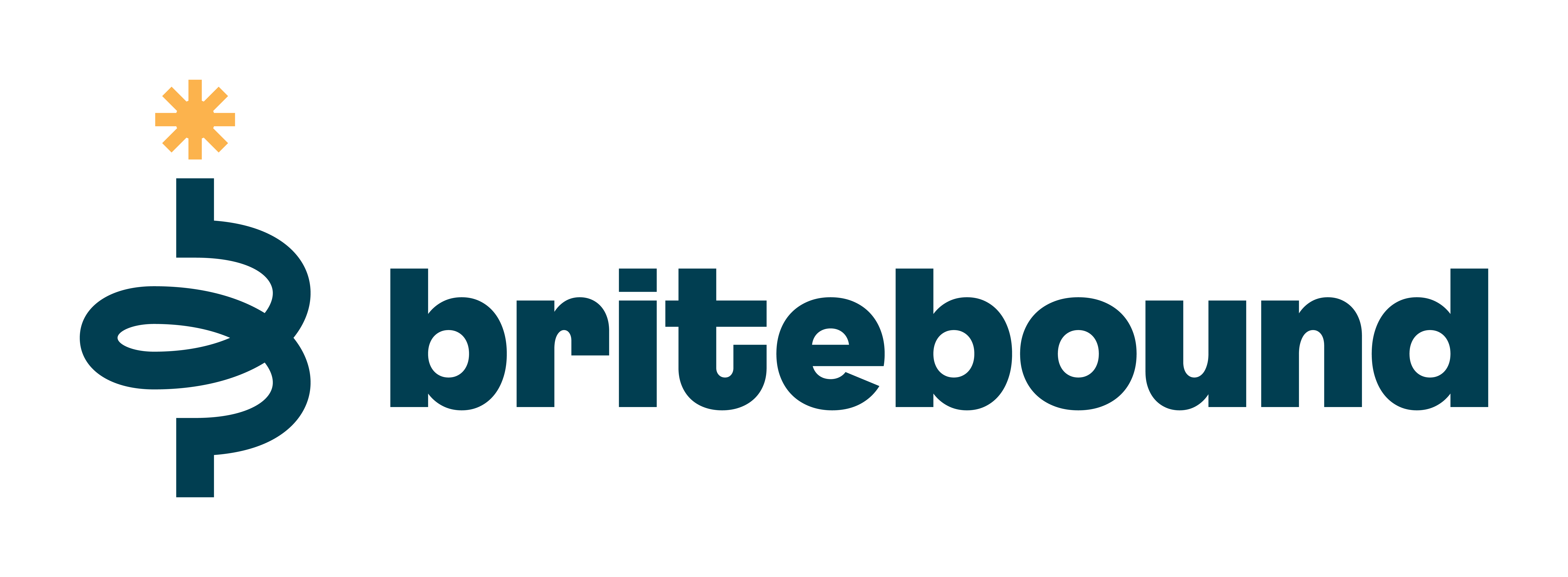Dive Brief:
-
The Chan Zuckerberg Initiative aims to provide personalized or tailored learning to all students through a technology-driven approach, but not all educational stakeholders are fans of the idea, writes Natalia Kucirkova, a senior research fellow at the UCL Institute of Education in England, for Education Week.
-
Concerns are centered around the weight these programs can carry over a teacher’s own experience and approach, as well as the additional costs that technology programs can add for schools and districts.
- Standardized programs potentially commercialize learning, as well, which Kucirkova says can push “prepackaged content” to students rather than lessons that allow students to experiment and explore.
Dive Insight:
An education tailored to each child’s needs, interests and strengths is what parents hope for and educators envision. But it’s a difficult goal to meet in a school setting where hundreds, if not thousands, of pupils are taught on a daily basis, with some class sizes exceeding 30 students.
Yet there is a growing desire to offer a personalized approach, where students are met on their own learning pathways and helped by teachers to give them a boost or a way to open the gate to let them soar when needed.
Can this idea be standardized? While standardized programs could address many different kinds of learners and suggest pathways for them, accounting for all outliers is not likely possible. Standardization also eliminates the quirks particular to specific teachers — not to mention the passion that some educators exude, which can spark a student when they least expect it.
A recent report found that the most successful personalized learning programs use standardized technology platforms as little more than launching pads. It’s the time with teachers, that X factor not accounted for in standardization, that really leads to a more successful result.











